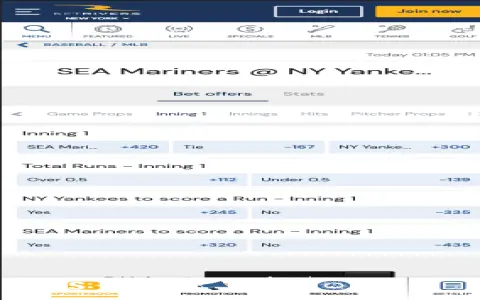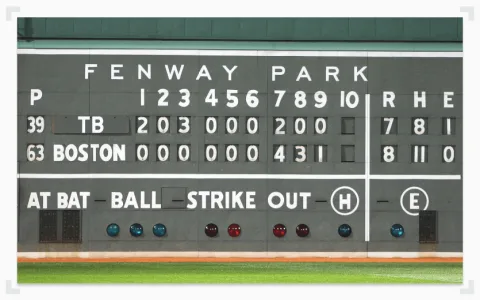So today I figured I’d try something new with MLB betting after hearing people talk about this NRFI thing. No Run First Inning – basically betting that both teams won’t score in the first inning. Sounds simple enough, right? Here’s exactly how I approached it.
Starting My Research
First thing I did was grab my laptop and open up last night’s pitcher stats. I focused on two starters: this veteran guy known for strong opening innings and a rookie with shaky control early on. Scrolled through their recent game logs, checking how many runs they allowed in the first inning over the past month.
- Veteran pitcher stats: 0 runs allowed in first inning last four starts
- Rookie pitcher stats: Gave up first-inning runs in three of his last five games
- Ballpark factor: Noticed they were playing in a stadium with huge foul territory
Placing the Actual Bets
Around lunchtime, I pulled up a site and put $50 on NRFI for the game between the rookie’s team and the veteran’s team. Then I made another $20 bet on the veteran’s team to win the first inning specifically. Double-checked the odds – liked the +120 payout for the first inning win.
While doing this, I remembered to glance at the weather report. Saw clear skies and low humidity – perfect conditions for pitchers. Didn’t overthink it, just clicked confirm before the lines moved.
Watching It Unfold
Turned on the game while cooking dinner. Felt that nervous excitement when the rookie took the mound. He walked the leadoff guy – my stomach dropped! But then he struck out the next two batters and got a weak pop-up. When the veteran came out, he demolished the top of their order with three straight groundouts.

End of first inning: 0-0 score. My NRFI hit! Even better, the veteran’s team scored two runs at the bottom of the first, so my first inning win bet cashed too.
Why This Worked Today
Looking back, three things made this click. Pitcher matchup was obvious once I dug into the numbers. Small sample size matters – recent first inning stats tell you way more than full-season stats. No paralysis by analysis – made quick calls based on clear data instead of overcomplicating it.
Could’ve been smarter though – should’ve checked umpire stats too. Learned that lesson for next time. But overall? Solid results using a simple approach and avoiding late-game chaos. Probably will try again tomorrow!



